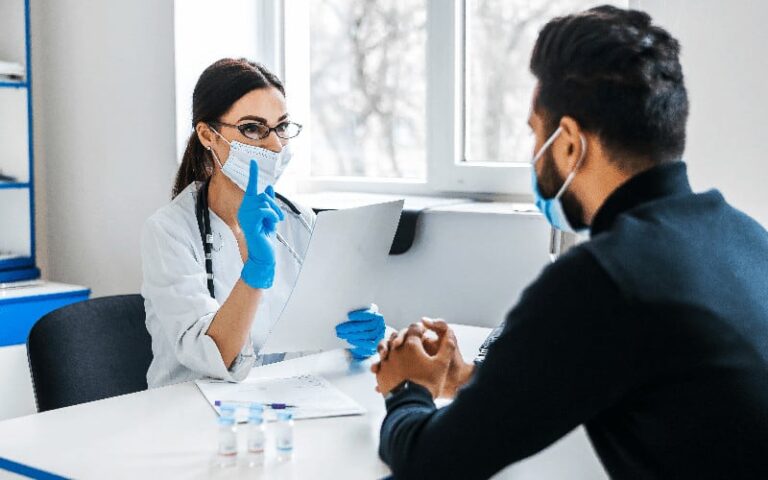Get Your Medical Cannabis Certification in New York Online
Easy online process. No appointment is needed. Not Billed Unless Approved.
Empower Your Health from Home! Get Your New York Medical Cannabis Certification Online. Connect with a certified physician, all from the comfort of your home. Click here to start your journey to a healthier you.
Renewal Patients
Renew Your MMJ License And Continue Using Medical Marijuana For Your Health Benefits
The #1 MMJ Certification Platform in the New York
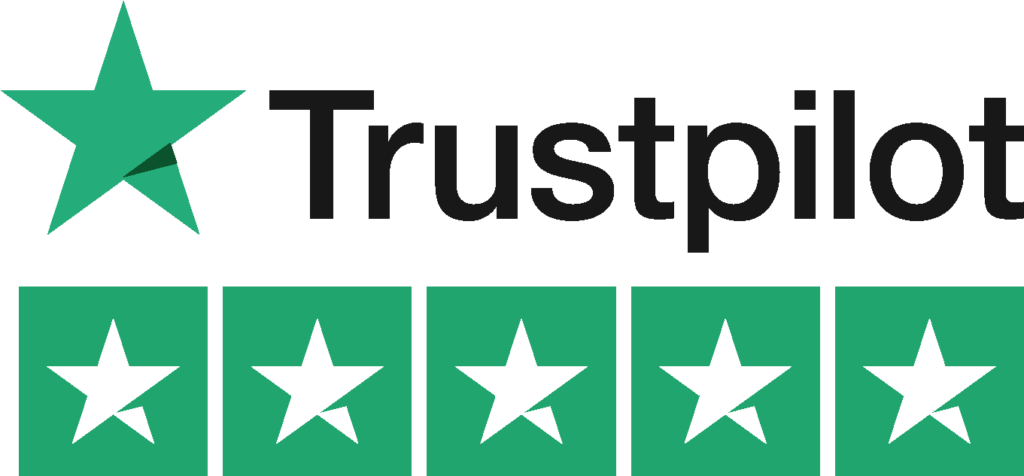

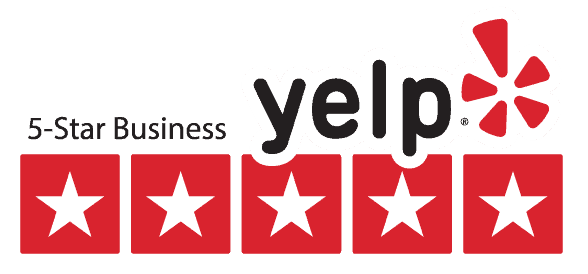

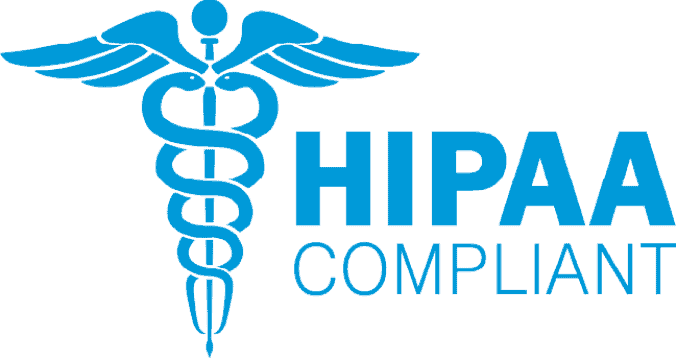





What Is A Medical Marijuana Certification?
Medical Marijuana Certification in New York is a process that allows residents with a variety of medical conditions to legally access and use medical cannabis as part of their treatment. The certification is provided by healthcare providers who are registered with the state and authorized to prescribe controlled substances. These providers assess the patient’s condition and determine if medical cannabis is appropriate for their treatment.
There are no specific qualifying conditions listed by the state, leaving the decision to the discretion of the certifying healthcare provider. Once a patient is certified, they are automatically enrolled in the New York Medical Cannabis Data Management System, receiving a Registry ID. This certification, along with a government-issued photo ID, allows them to purchase medical cannabis from licensed dispensaries in New York. The certification process has been simplified and made more accessible, including the availability of telemedicine consultations, to ensure that eligible patients can conveniently obtain their certifications.

Is it safe to get a medical marijuana certification online in New York?
Yes, it is safe to obtain a Medical Marijuana Certification Online in New York as long as you are consulting with a licensed and registered healthcare provider who is authorized to prescribe controlled substances and certify patients for medical cannabis use. The New York State Department of Health recognizes telemedicine as a legitimate means for patients to consult with healthcare providers, including for medical cannabis certifications.
Our registered Medical Practitioners are committed to giving each of their medical cannabis patients individualized care and are interested in their health and well-being as a whole. We believe that nature has the power to heal, and we are committed to helping you reach your goals and be as healthy as possible.
Our Procedures
At Medical Marijuana Card NY, we strive to provide you with a straightforward and efficient process for obtaining your Medical Marijuana Certification in New York. Our platform offers a seamless and secure process that ensures your convenience and privacy.

Book an Appointment
You do not need to arrange an appointment! Simply create an account! answer a few questions, and you’ll be connected with any MMJ physician in New York within minutes.

Consult With An MMJ Doctor
During the consultation, the MMJ doctor will discuss your medical condition and receive approval for an MMJ Certification.
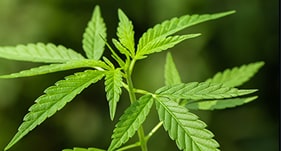
Obtain Your MMJ Certification
After receiving approval from the MMJ doctor, your MMJ certification will be sent to you via email within 24-48 hours. With your MMJ certification in hand, you can visit legal dispensaries in New York and access medical cannabis.
Importance Of Certification For Legal Access to medical cannabis
In New York, the certification for medical cannabis is a crucial aspect of the state’s program, serving as the gateway for legal access to medical marijuana for patients. This certification process ensures that medical cannabis use is not only compliant with state laws but also tailored to the specific health needs of individual patients. It is provided by licensed healthcare providers, who evaluate and confirm a patient’s eligibility based on their medical condition.
The importance of this certification lies in its role as a safeguard, ensuring that the use of medical cannabis is medically justified and monitored. It also helps in maintaining the integrity and effectiveness of the medical marijuana program, making sure that only those with legitimate medical needs have access. The certification process upholds the legal framework set by the state, enabling patients to legally purchase, possess, and use medical cannabis, while preventing any potential misuse or diversion to non-medical use.
In essence, the certification is a critical step for patients in New York to access medical marijuana safely and legally, underlining the state’s commitment to responsible and regulated use of cannabis for therapeutic purposes.

Eligibility Criteria for Medical Cannabis Certification in New York
1. Who Can Apply?
- Age Requirement: Applicants must be at least 18 years old to apply for medical cannabis certification independently. For minors (individuals under 18), a parent or legal guardian can apply on their behalf and act as a designated caregiver.
- Residency Requirement: Applicants must be residents of New York State. Proof of residency, such as a state-issued driver’s license or non-driver identification card, is required.
2. Discretion of Healthcare Providers
- Elimination of Specific Qualifying Conditions: New York has removed a predefined list of qualifying conditions for medical cannabis certification. This change provides healthcare providers with greater discretion to determine if medical cannabis is appropriate for their patients’ conditions.
- Healthcare Providers’ Authority: Certified and registered healthcare providers, including physicians, nurse practitioners, and others authorized to prescribe controlled substances, can evaluate and certify patients for medical cannabis use. These providers assess each patient’s individual health condition and medical history to decide on the suitability of medical cannabis as a treatment option.
- Requirement for Healthcare Providers: Healthcare providers must complete a specific training course on medical cannabis to be eligible to certify patients.
The Certification Process for Medical Cannabis in New York
To obtain a medical marijuana certification in New York, follow these steps:
- Check Eligibility: Ensure you have a qualifying condition as deemed appropriate by a healthcare provider.
- Consult a Certified Provider: Schedule an appointment with a New York-certified healthcare provider.
- Attend the Appointment: Discuss your condition and suitability for medical marijuana.
- Receive Certification: If deemed eligible, the provider will issue your medical marijuana certification, which includes your Registry ID.
- Access Dispensaries: Use your certification to purchase medical marijuana from licensed dispensaries in New York.
This process streamlines access to medical marijuana by focusing on healthcare provider assessments and certifications.
Our Procedures
At Medical Marijuana Card NY, we strive to provide you with a straightforward and efficient process for obtaining your Medical Marijuana Card in New York. Our platform offers a seamless and secure process that ensures your convenience and privacy.

Book an Appointment
You do not need to arrange an appointment! Simply create an account! answer a few questions, and you’ll be connected with any MMJ physician in New York within minutes.

Consult With An MMJ Doctor
During the consultation, the MMJ doctor will discuss your medical condition and receive approval for an MMJ Certification.

Obtain Your MMJ Certification
After receiving approval from the MMJ doctor, your MMJ certification will be sent to you via email within 24-48 hours. With your MMJ certification in hand, you can visit legal dispensaries in New York and access medical cannabis.
The Benefits of having A Medical Cannabis Certification in New York
Having a medical cannabis certification in New York provides several benefits, even with the legalization of recreational marijuana. Here are some of the key advantages:
Access to Medical Marijuana: Certification allows legal access to medical marijuana, which can be critical for individuals suffering from debilitating conditions that may benefit from cannabis treatment.
Higher Possession Limits: Medical cannabis patients in New York can legally possess up to a 60-day supply of medical marijuana, which is more than the limit for recreational users. This higher possession limit means fewer trips to the dispensary, providing convenience and uninterrupted access to medication.
Age Accessibility: In New York, individuals as young as 18 can obtain a medical cannabis certification. This is particularly important for younger patients who may not be eligible for recreational marijuana but can benefit from the therapeutic properties of medical cannabis.
Cost Considerations: While patients do not pay for the healthcare certifications for marijuana, consultation charges apply when visiting healthcare providers to obtain their medical marijuana certifications. These fees vary, but having a medical cannabis certification may lead to cost savings in the long run due to lower taxes and possible discounts on medical cannabis products compared to recreational products.
Telemedicine Services: For added convenience, patients seeking medical cannabis certification in New York can use telemedicine services to consult with healthcare providers. This remote certification process is particularly beneficial for patients with mobility issues or those living in remote areas.
Legal Residency Requirement: To be eligible for a medical cannabis certification in New York, one must be a legal resident of the state.
Caregiver Provisions: Minors under 18 and other individuals who require assistance can access medical marijuana through a designated caregiver. This allows for a responsible and regulated way for patients who cannot manage their medication independently to benefit from medical cannabis.
Home Cultivation: Registered medical marijuana patients aged 21 or older may grow marijuana at home for medical use, and designated caregivers can also grow plants on behalf of their patients, under specific regulations.
100% Money-Back Guarantee
In Case You're Not Approved
We offer a 100% Money Back Guarantee, If in case you’re not Approved

Automatic Registration System for Medical Cannabis in New York
New York’s Medical Cannabis Data Management System (MCDMS) features an automatic registration process for patients who receive medical cannabis certification. This streamlined system significantly simplifies the way patients gain access to medical marijuana.
Automatic Enrollment Process
- Upon Certification: Once a healthcare provider certifies a patient for medical cannabis use, the patient is automatically enrolled in the MCDMS.
- Elimination of Separate Registration: This system removes the need for patients to undergo a separate registration process, which previously could be cumbersome and time-consuming.
Registry ID Details
- Included in Certification: The medical cannabis certification issued by the healthcare provider includes a unique Registry ID for the patient.
- Use of Registry ID: This ID is essential for patients as it is required to purchase medical cannabis legally from licensed dispensaries in New York. It serves as proof that the patient is registered in the state’s medical marijuana program and is authorized to obtain and use medical cannabis.
- Simplification for Patients: The inclusion of the Registry ID in the certification itself simplifies the process, making it easier for patients to quickly and legally access medical cannabis.
This automatic registration system reflects New York’s commitment to making medical cannabis more accessible to patients in need, ensuring a smoother, more efficient process for obtaining legal medical marijuana.
Caregiver Information for Medical Cannabis in New York
Guidelines for Minors and Individuals Needing a Caregiver
- Minors: Individuals under the age of 18 who are certified for medical cannabis use must have a caregiver. The caregiver is typically a parent or legal guardian.
- Adults Requiring Assistance: Adults who are unable to manage their medical cannabis due to a health condition can also designate a caregiver.
Caregiver Registration Process
- Designation by the Patient: The process begins with the patient designating an individual as their caregiver during their medical cannabis certification process.
- Verification of Eligibility: The designated caregiver must be at least 21 years old and is usually required to undergo a background check to ensure they meet the state’s criteria.
- Registration with the State: Caregivers must register with the Medical Cannabis Data Management System (MCDMS) in New York. This involves providing personal information and documentation proving their relationship to the patient.
- Receiving a Caregiver Registry ID: Upon successful registration, caregivers receive their own Registry ID, which they must use when purchasing medical cannabis on behalf of the patient.
- Purchasing Medical Cannabis: Caregivers are authorized to visit dispensaries to purchase and transport medical cannabis for the patient. They must present their caregiver Registry ID and the patient’s certification at the dispensary.
Restrictions and Responsibilities
- Number of Patients: Caregivers can serve more than one patient, but there are limits to the number of patients they can assist.
- Compliance with Regulations: Caregivers must comply with all the regulations of the New York State Medical Marijuana Program, including possession limits and types of medical cannabis products they can obtain.
Renewal and Maintenance of Medical Cannabis Certification in New York
Renewal Process of Medical Cannabis Certification
- Timing: Medical cannabis certifications in New York are generally valid for one year. It is important to begin the renewal process before the current certification expires.
- Consultation with Healthcare Provider: Schedule a follow-up appointment with the same healthcare provider who issued the original certification or with another registered provider. This consultation will assess the continued need for medical cannabis as part of your treatment.
- Issuance of New Certification: If the healthcare provider determines that medical cannabis is still appropriate for your condition, they will issue a new certification with a new expiration date.
- Automatic Update in the System: The renewal certification is automatically updated in the Medical Cannabis Data Management System, and the patient’s Registry ID is maintained.
Maintaining Valid Certification
- Adherence to Guidelines: It is crucial to adhere to the guidelines and limitations set by the New York State Medical Marijuana Program, including types and quantities of cannabis permitted.
- Regular Check-Ups: Regularly consulting with your healthcare provider ensures that your treatment remains effective and that your certification reflects your current health needs.
- Staying Informed: Stay informed about any changes in the medical cannabis laws or regulations in New York that might affect your certification status or treatment plan.
It’s essential to maintain an open and continuous dialogue with your healthcare provider regarding your use of medical cannabis and to schedule your renewal appointment well in advance of your certification’s expiration date. This proactive approach ensures uninterrupted access to medical cannabis for your ongoing treatment needs.
Cities We Serve
Why Choose Us
Experienced Professionals
Our team at Medical Marijuana Card NY consists of highly qualified and certified medical marijuana doctors. With their extensive experience, they provide expert evaluations and advice, ensuring that your treatment aligns with the latest medical standards and practices.
Comprehensive Telemedicine Platform
Our telemedicine platform is secure video consultations, you can discuss your medical condition, symptoms, and treatment options with our knowledgeable doctors from the comfort and privacy of your own home.
Easy Online Process
Our platform simplifies the certification process. With user-friendly online forms and procedures, obtaining your medical marijuana certification is efficient and hassle-free, saving you time and effort.
Confidential Consultations
We understand the importance of privacy. Our consultations are conducted with the utmost confidentiality, ensuring that your personal and medical information is securely handled and protected.
Comprehensive Care
At Medical Marijuana Card NY, each patient receives a thorough evaluation tailored to their specific medical needs. Our doctors take the time to understand your condition and recommend the best course of treatment.
Seamless Experience
Our platform is designed for ease of use, ensuring a smooth experience from start to finish. From scheduling appointments to receiving your certification, every step is streamlined for your convenience.
Ongoing Support
We offer continuous support throughout the certification process and beyond. Whether you're a new applicant or looking to renew your certification, our team is here to assist you every step of the way.
Instant Renewal
Medical Marijuana Card NY offers an instant renewal service for your medical marijuana certification. This efficient process is designed for those who already have a certification and need a quick update.
Happy Stories
FAQs: Medical Cannabis Certification in New York
It’s an official document provided by a registered healthcare provider that certifies a patient’s eligibility to purchase and use medical cannabis under New York State law.
Any New York resident whose healthcare provider deems medical cannabis appropriate for their condition.
Only healthcare providers who are registered with the New York State Medical Marijuana Program and have completed a required training course can issue certifications.
The duration varies depending on the healthcare provider’s assessment, but often patients can receive their certification immediately following their consultation.
Patients usually need to provide medical records detailing their condition and a valid New York State ID during the consultation.
This depends on the other state’s laws. Some states accept out-of-state certifications, while others do not.
Yes, minors can be certified but require a designated caregiver to manage their medical cannabis use.
Patients must revisit their healthcare provider before the expiration of their current certification for a re-evaluation and to obtain a new certification.
New York State allows healthcare providers to certify patients for any condition they deem appropriate for medical cannabis treatment.
It depends on the healthcare provider’s assessment. If they deem it appropriate for treatment, they can issue a certification for these conditions.
Regular visits, typically annually, are recommended to assess the ongoing effectiveness of medical cannabis treatment and for certification renewal.
Generally, insurance does not cover the cost of medical cannabis certification or the associated medical cannabis products.
Once expired, you cannot legally purchase medical cannabis. You need to get it renewed by a registered healthcare provider.
No, you must adhere to New York State laws regarding where you can consume cannabis.
No, the certification does not specify the type of medical cannabis but rather grants the patient access to purchase any state-approved form of medical cannabis.
You should contact your healthcare provider to issue a replacement. It’s crucial to have the certification document for legal purchase and use of medical cannabis.


